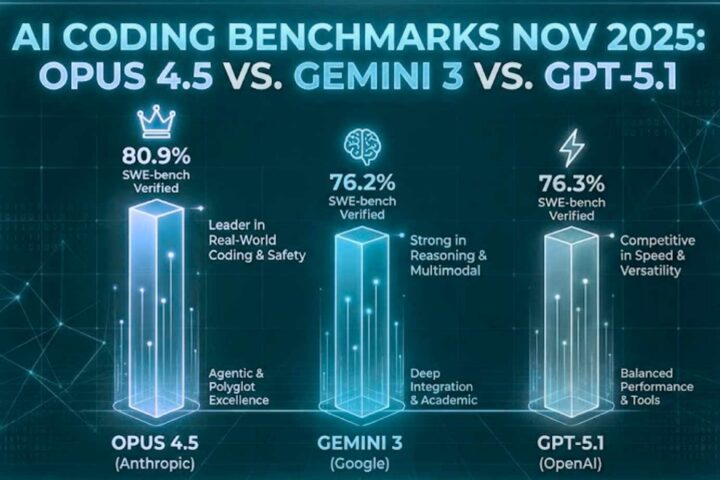In the dynamic landscape of the job market, finding the right candidate for a position is a crucial task for any hiring manager. Effective interviewing plays a pivotal role in this process, ensuring that the selected individual not only possesses the required skills but also aligns with the company culture. This comprehensive guide aims to provide practical insights into conducting interviews and making informed decisions when selecting candidates.
Preparation is Key
Before embarking on the interview process, thorough preparation is essential. Begin by revisiting the job description and clearly outlining the key skills and attributes required for the role. Familiarise yourself with the candidate’s resume, cover letter, and any additional materials they may have submitted. You should also consider any necessary background checks that will need to be carried out, such as an enhanced DBS application. This preparation will enable you to tailor your questions to assess specific competencies.
Structured Interviewing
Structure is the foundation of a successful interview. Begin with an introduction to create a comfortable atmosphere, providing an overview of the interview’s format and duration. Move on to open-ended questions that encourage candidates to share their experiences and insights. Behavioural questions, which prompt candidates to discuss past situations and actions, offer valuable insights into their problem-solving abilities and interpersonal skills.
Assessing Cultural Fit
Beyond technical competencies, cultural fit is a critical factor in selecting the right candidate. Gauge a candidate’s alignment with the company’s values, mission, and working environment. Use situational questions to explore how candidates handle challenges, collaborate with team members, and adapt to the company culture. This ensures a harmonious integration into the existing team and promotes a positive work environment.
Utilising Panel Interviews
Incorporating a panel interview format brings diverse perspectives into the evaluation process. This can include colleagues from different departments or levels within the organisation. Panel interviews allow for a more comprehensive assessment of a candidate’s suitability, providing a holistic view of their compatibility with the team and the company as a whole.
Evaluating Soft Skills
Soft skills, such as communication, adaptability, and problem-solving, are often as crucial as technical abilities. Develop effective questions for the interview process that elicit examples of how candidates have demonstrated these skills in their previous roles. Assess their ability to navigate challenges, work collaboratively, and communicate effectively, as these attributes contribute significantly to a candidate’s overall suitability for the position.
Reference Checking
While the interview process offers valuable insights, supplementing it with thorough reference checks adds an extra layer of assurance. Contacting previous employers or colleagues provides additional perspectives on a candidate’s performance, reliability, and interpersonal skills. This step helps confirm the information provided by the candidate and ensures a more informed decision-making process.
Making an Informed Decision
After completing the interview process, carefully evaluate each candidate against the predefined criteria. Consider both their technical competencies and soft skills, weighing their potential contributions to the team and the organisation. Collaborate with colleagues involved in the process to gather diverse opinions, fostering a well-rounded decision-making approach.
Providing Constructive Feedback
Regardless of the outcome, offering constructive feedback to candidates is crucial. Provide insights into their strengths and areas for improvement, helping them understand their performance and facilitating their professional development. This approach promotes transparency and leaves candidates with a positive impression of the hiring process and the organisation.Top of Form











